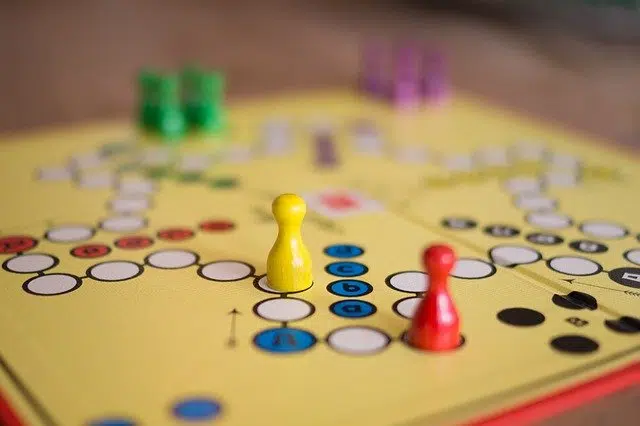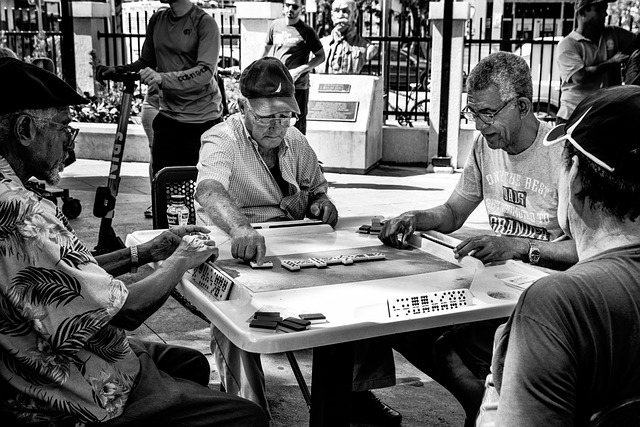
Play therapy is the treatment of physical or psychological problems through play.
The notion of play therapy is not part of the dictionary of the Royal Spanish Academy ( RAE ). The concept, in any case, is used to refer to playful therapy .
Play-based therapy
A therapy is a treatment that aims to minimize or remedy a physical or psychological problem . The playful , meanwhile, is that linked to the game (a competitive or recreational exercise governed by rules).
With these ideas clear, we can affirm that play therapy consists of the development of a therapeutic process where play is used . This type of therapy is intended for children, so that they can communicate and/or solve their conditions while playing.
Play therapy facilitates the expression of children and, in some cases, adolescents. The method makes it possible to treat emotional and behavioral problems.
Conventional psychological therapy can make children uncomfortable and feel threatened. Faced with this reality, play therapy relies on communication already known to infants: that which promotes the play environment.
Benefits of play therapy
It is important to keep in mind that play therapy contributes to the exploration of feelings and emotions . Games are a learning tool that, guided by a professional therapist, also serve to process and assimilate traumatic or problematic experiences.
We must not forget that childhood is a fundamental stage in our development, so the support and influence we receive during these first years determines most of our social and intellectual abilities. Through play it is possible to materialize certain creative, social, linguistic and cognitive needs, among others. Each child has their own characteristics, which is why this therapy is not the same for everyone. Furthermore, it does not distinguish in gender, culture or IQ.
Typically, sessions last between 30 and 45 minutes and always take place at the same time and in the same place. This provides security for the child and helps forge a bond of trust between the therapist and the patient. Play therapy can be developed through role-playing games, artistic activities (drawing, dancing) or construction and fitting games, for example.
Making children feel safe should be the first goal of every adult: it doesn't matter if they are our children; As individuals of this species we should protect all those who are in a vulnerable situation, starting with the little ones. In the particular case of play therapy, given that it is applied to people who have suffered traumas of varying severity, if the therapist does not offer them a safe space, the results will be poor.
Play therapy in the elderly
Elderly people whose families leave them in the hands of controversial nursing homes often receive different kinds of therapies to treat their physical, emotional and mental problems. Although the game is commonly associated with childhood, we know that there is no age limit to having fun.

Seniors can also take advantage of play therapy
While the healthiest children enjoy a large amount of energy and have all their senses in excellent shape, towards the end of life these values are dramatically reduced. Instead of learning to relate to the world for the first time, many seniors need to adapt to their recent limitations , both physical and cognitive, and this is where play therapy can help them.
The fact of feeling the obligation or incentive to learn new rules, interact with other people who are in similar situations and use motor skills to participate in activities makes the game an invaluable resource to restore self-confidence to a person whose abilities They have deteriorated due to inevitable aging .
